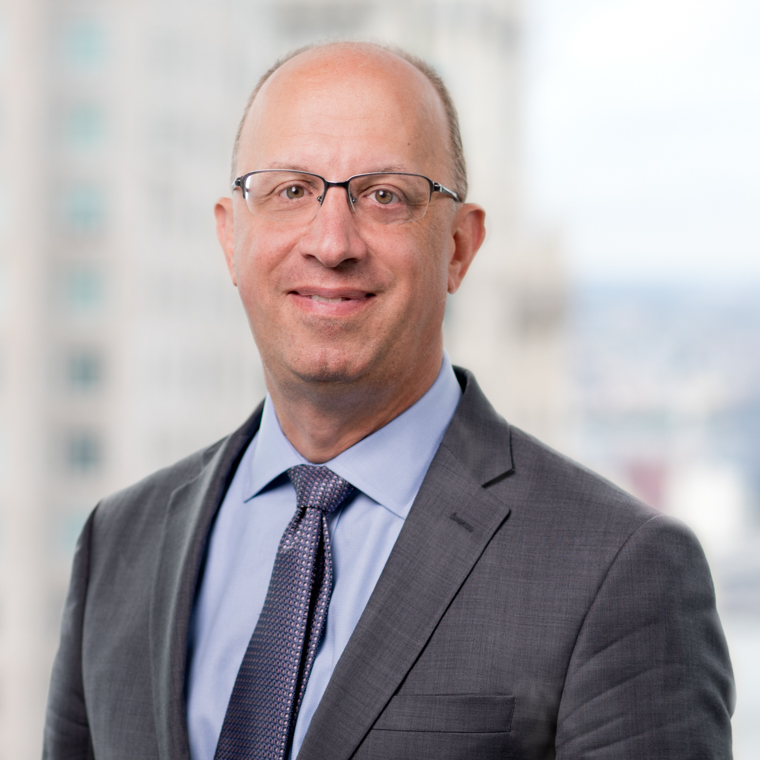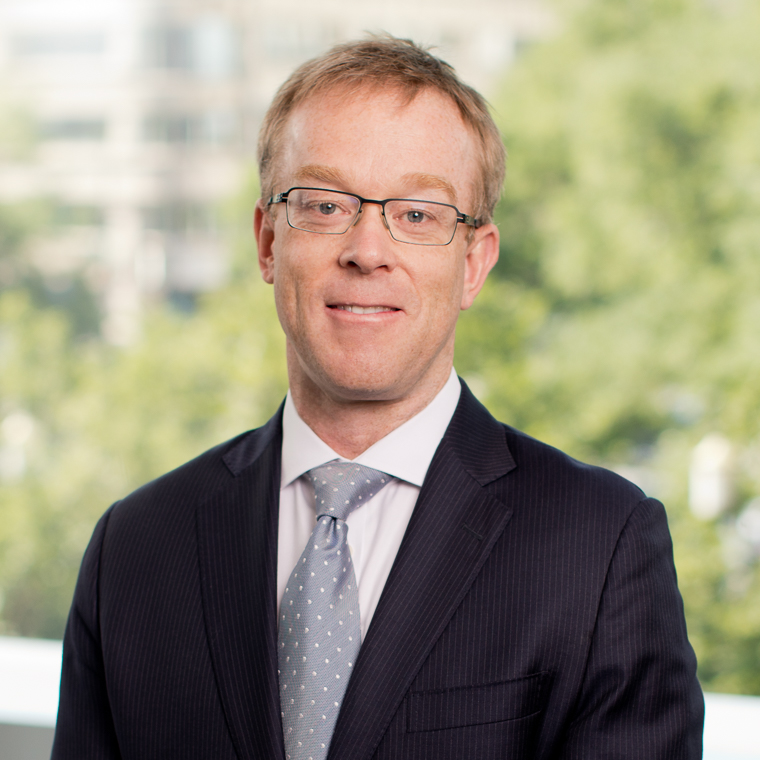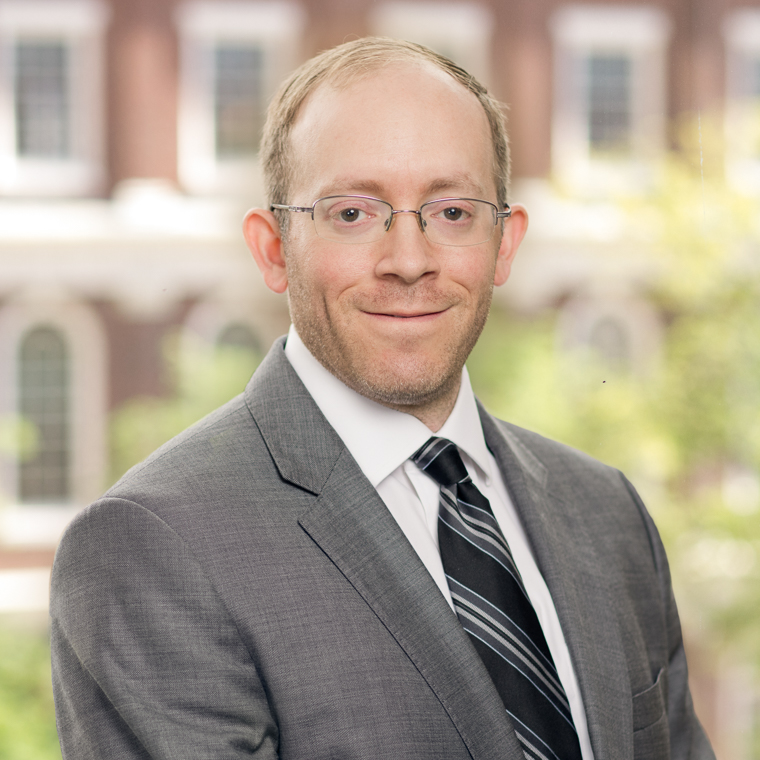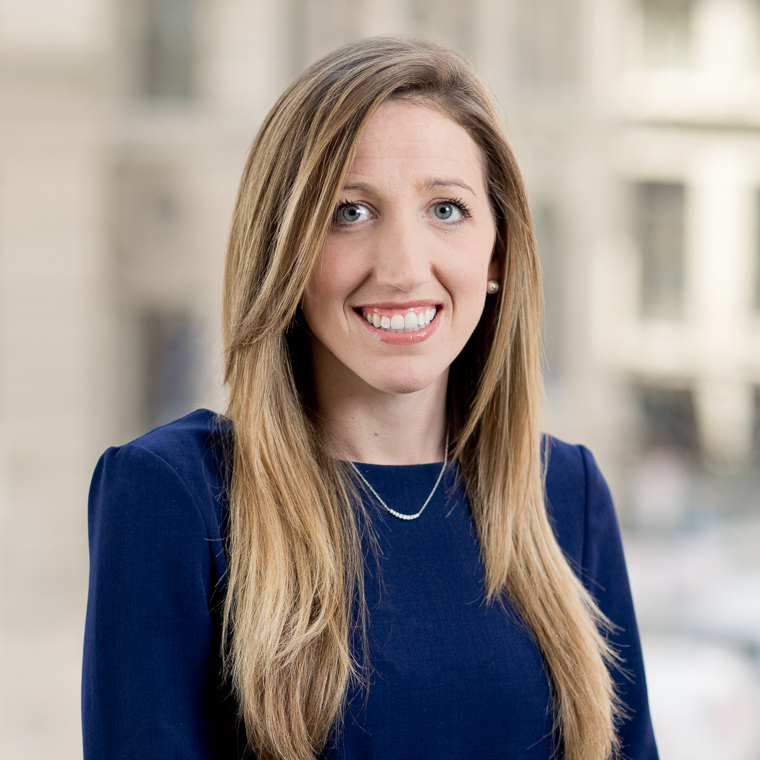While the global pandemic may have disrupted many industries, it has not stopped plaintiffs from continuing to file COVID-19-related securities fraud class actions under Section 10(b) of the Securities Exchange Act. As we previously observed, in the first wave of COVID-19-related securities fraud class actions—filed in March and April 2020—plaintiffs primarily challenged public statements made by companies that were directly involved in the response to COVID-19, such as healthcare companies, or in industries significantly impacted by COVID-19, such as videoconferencing technology and travel. In those cases, plaintiffs primarily challenged public statements that companies made about the direct, and often significant, impact of COVID-19 on their businesses.
In the second wave of COVID-19-related securities fraud litigation—defined for purposes of this article as suits filed between May and September 2020—plaintiffs have continued to bring suit against companies directly involved in or significantly impacted by COVID-19 but have also broadened their scope. Plaintiffs have now targeted a wider range of companies, including cybersecurity, cannabis and real estate companies, and have challenged a range of alleged misstatements, including statements that fall into two broad categories concerning (i) a company’s receipt, or use, of federal funds or loans in connection with COVID-19-related programs; and (ii) a company’s representations about how COVID-19 impacted the company’s economic projections and financial results. While non-exhaustive, this article summarizes some of the most interesting second wave cases in each category.
This second wave of litigation suggests that companies—no matter whether their industry is directly or significantly impacted by COVID-19—should be mindful that any statements related to the impact of COVID-19 are susceptible to scrutiny by class plaintiffs, who will continue to identify novel types of alleged misstatements in public disclosures as companies adapt to changing public health measures and an ever-evolving marketplace.




